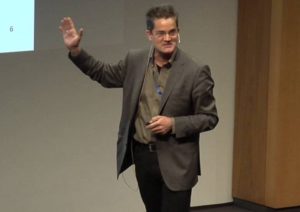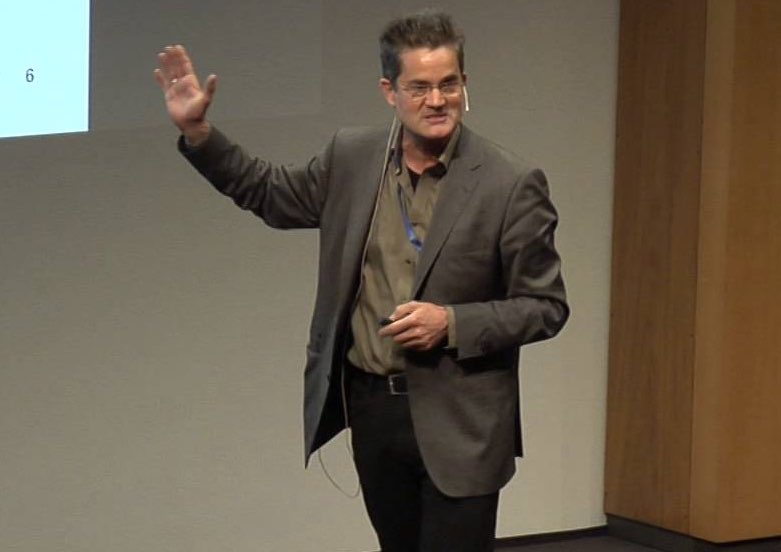
Thomas Schulthess, Director of the Swiss National Supercomputing Centre
In this video from the 4th Annual MVAPICH User Group, Thomas Schulthess from CSCS presents: Exascale Computing – What are the Goals and the Baseline?
“Implementation of exascale computing will be different in that application performance is supposed to play a central role in determining the system performance, rather than just considering floating point performance of the high-performance Linpack benchmark. This immediately raises the question as to what the yardstick will be, by which we measure progress towards exascale computing. Furthermore, if we simply settle on improving application performance by a certain factor (e.g. 100 compared to today), what is the baseline from which we start. Based on recent work at CSCS, where we have deployed a GPU cluster to run operational weather forecasting, I will demonstrate that this baseline can differ by up to a factor 10, depending on implementation choices of applications on today’s, petascale computing architectures. I will discuss what type of performance improvements will be needed to reach kilometer-scale global climate and weather simulations. This challenge will probably require more than exascale performance.”
Thomas Schulthess received his PhD in physics from ETH Zurich in 1994. He is a professor for computational physics at ETH Zurich and Director of the Swiss National Supercomputing Center in Lugano, Switzerland. Thomas holds a visiting distinguished professor appointment at ORNL, where he was group leader and researcher in computational materials science for over a decade before moving to ETH Zurich in 2008. His current research interests are in development of efficient and scalable algorithms for the study of strongly correlated quantum systems, as well as electronic structure methods in general. He is also engaged in the development of efficient tools and simulations systems for other domain areas, such as meteorology/climate and geophysics.
Download the Slides (PDF) * See more talks from MUG 2016
Sign up for our insideHPC Newsletter




